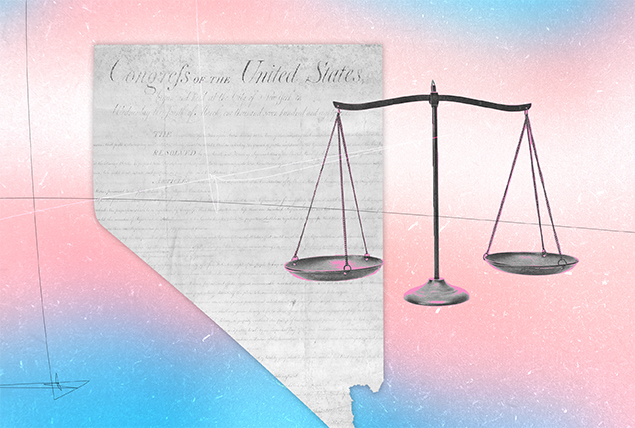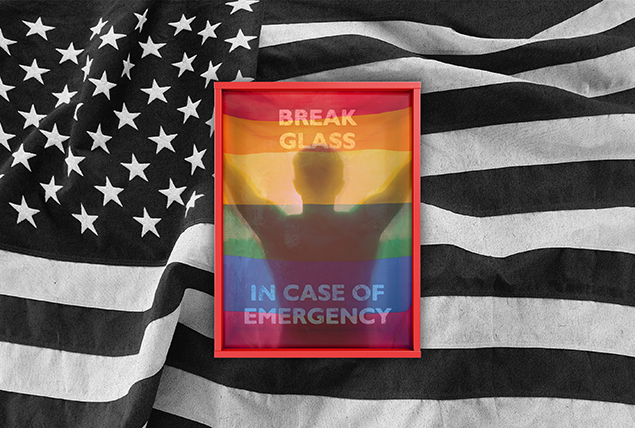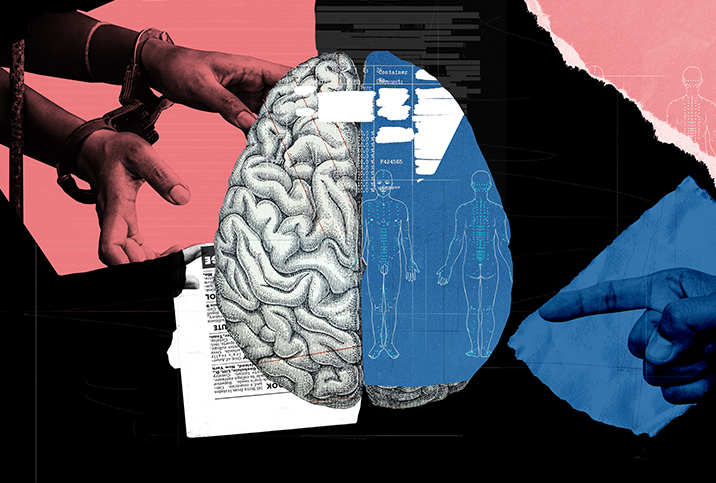Nevada GOP Governor Approves Two Transgender Rights Bills

This month, Joe Lombardo, the Republican governor of Nevada, approved two bills protecting transgender rights but vetoed a third. The bills were signed even as many of Lombardo's fellow Republican governors sought to restrict access to gender-affirming care, ramping up anti-trans policies across the nation.
About the three bills
In June, Lombardo passed decisions on three major bills introduced to improve protections for transgender and nonbinary Nevada residents:
SB163
On June 12 Lombardo signed a bill that requires Medicaid and other health insurance providers to cover all gender-affirming treatments. The bill, SB163, removes exclusions that were previously used to avoid covering surgeries categorized as "cosmetic."
"I think it's a powerful symbol, actually, to have a Republican governor sign a bill like that," Democratic state senator Dallas Harris told The Nevada Independent. "I'm thrilled."
SB153
Earlier in June, Lombardo signed SB153, a bill guaranteeing equitable treatment for transgender and gender non-conforming inmates in the state's Department of Corrections. The bill requires Nevada's prisons to establish regulations concerning housing, custody, medical care and mental health treatment for trans and gender nonbinary incarcerated, and to provide cultural competency training for guards.
"I am glad to see the governor sign these important protections for transgender people into law," said West Juhl, the ACLU of Nevada Director of Communications and Campaigns, in a statement. "All Nevadans, including people who are incarcerated, have a right to access gender-affirming care under the law, and this is a huge step forward for our state."
SB302
Also in June, Lombardo vetoed the third LGBTQ protection bill, SB302, which would have protected health care providers offering gender-affirming care in Nevada. In his veto message, Lombardo said the bill "inhibits the Executive Branch’s ability to be certain that all gender-affirming care related to minors comports with State law."
Advocates argued the law would not have changed parental consent requirements for minors seeking treatment. Supporters stressed that without protections proposed in the bill, doctors and nurses may flee to other states where they can do their job without risk of political persecution, contributing to Nevada's growing shortage of medical providers.
Reaction to Lombardo's decisions
Lombardo earned criticism from his fellow Republicans for supporting two bills promoting transgender rights. Nevada’s Republican National Committeewoman Sigal Chatta called him a "laughingstock across the nation" in a tweet.
Democratic state senator Melanie Scheible, who sponsored SB163, told Nevada Independent that the bill is particularly critical because it comes as other Republican-led state legislatures are passing bills that either restrict or outright ban access to gender-affirming care.
"At a time when states across the country are passing draconian laws to restrict trans and nonbinary people’s rights to exist, Nevada is doing the opposite. Home can mean Nevada for people of all genders as a direct result of the hard work of transgender and civil rights organizers," she explained.
"Nevada has for a very long time been a live-and-let-live type of state," said transgender rights advocate Brooke Maylath, who worked on all three bills, said to The Associated Press. "I’m glad to see that this governor has not been hijacked by the divisiveness that we’ve seen in other states."
What is gender-affirming care?
Gender-affirming care includes a variety of social, psychological, behavioral and medical services designed to support transgender and nonbinary people. This medically necessary, evidence-based type of care is backed by the American Academy of Pediatrics and the American Medical Association.
Research indicates access to puberty blockers and gender-affirming hormone therapy mitigates negative mental health outcomes.
However, a growing number of lawmakers view some gender-affirming care as medically unsound for young people and have argued it's a form of child abuse. This year alone, 17 state legislatures have signed laws restricting access to gender-affirming services.


















